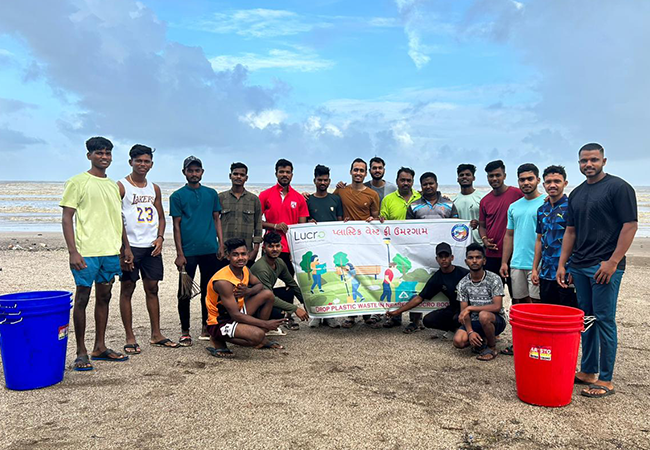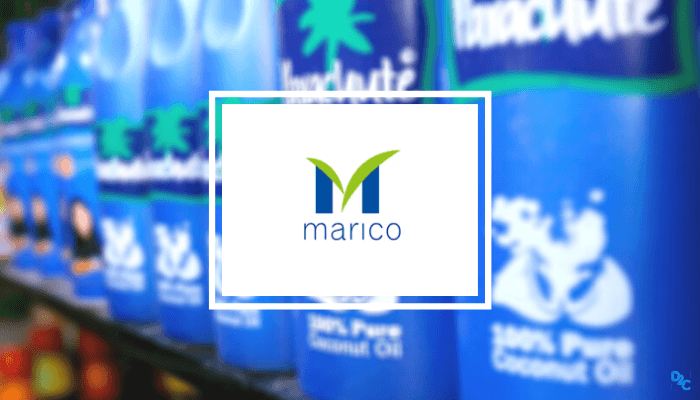Our Impact on Sustainable Development Goal 6: Clean water and sanitation
With nearly a third of India being water stressed, competition for this resource is set to grow. About 600 million Indians are facing high to extreme water stress and this situation will only worsen as water requirements rise. According to Niti Aayog, (2018), water demand is expected to be twice the available supply by 2030. Water can shape up to be a serious economic risk in India unless each company does its bit in ensuring that water usage in their premises is handled as a scarce commodity.
Lucro focuses on many SDGs, however, focussing on SDG 6 has been on the top of our list of priorities due to the inherent nature & dependence on water for washing post-consumer plastic waste. A majority of the waste that we collect, is riddled with food, dirt and oil waste, amongst other impurities. Washing this waste becomes vital for us to enable us to upcycle plastic waste into packaging that can be re-used by brands.
Three tons of water is required to clean every ton of post-consumer waste. Coupled with the fact that India constitutes about 16% of the world’s population, but have only 4% of the world’s freshwater resources, the changing weather patterns and recurring droughts, we have been focussing on SDG 6 and ensuring that we are doing everything we can to minimize our water footprint.
How is Lucro participating?
At lucro, we are always going above and beyond to ensure that we achieve true long-term sustainability. We are focussed on meeting the needs of today without compromising the capacity of future generations to meet their needs. We focus on economic, environmental and social impacts of every SGD we are are part of. Here are 5 ways in which we are ensuring that we are able to impact this goal.
Efficient sorting of waste.
To ensure that we reduce water usage in our cleaning facility, we first ensure that our waste goes through over 3 levels of sorting and into over 15 assortments, so as to only wash the waste that needs washing.
Recycling and re-using over 95% of the water.
We have flowmeters in place at point of water input and output to check that we constantly increase water- use efficiency across our washing facilities. This has warranted sustainable withdrawals of water to address water scarcity. Recycled water provides a cost-efficient supply that also decreases the stress on freshwater sources.
Operational Innovation.
We have invented a dry wash system for the rigid plastic waste for bottles that are riddled with oil (example: motor oil bottles and oil bottles). This system has allowed removal of oil from rigids while reducing up-to 50% of water usage.
Water harvesting.
We have installed water harvesting system on our new facility rooftops along with storage tanks that can store over 300,000 liters of water.
Implemented integrated water resources management.
We conduct regular workshops on water management to ensure that each person in our facility is sensitive to water wastage.
Waste water treatment.
All the water that gets wastes is treated so as to avoid sewage sludge.
Information, Education and Communication (IEC) activities.
We are currently working on a 3 month program with the citizens of Umergam to educate them on the impact of plastic waste mismanagement on water bodies and improving water quality by reducing dumping and minimizing release of hazardous chemicals and materials.
As a company that has been recycling and upcycling plastic waste to create value from plastic – ultimately reducing dependence on virgin plastic & closing the loop on plastic, ensuring that our operations do not result in increasing environmental pressures has always been a priority. We do this by closely monitoring our supply chain & putting in various levels of check in each step of our waste value chain.




